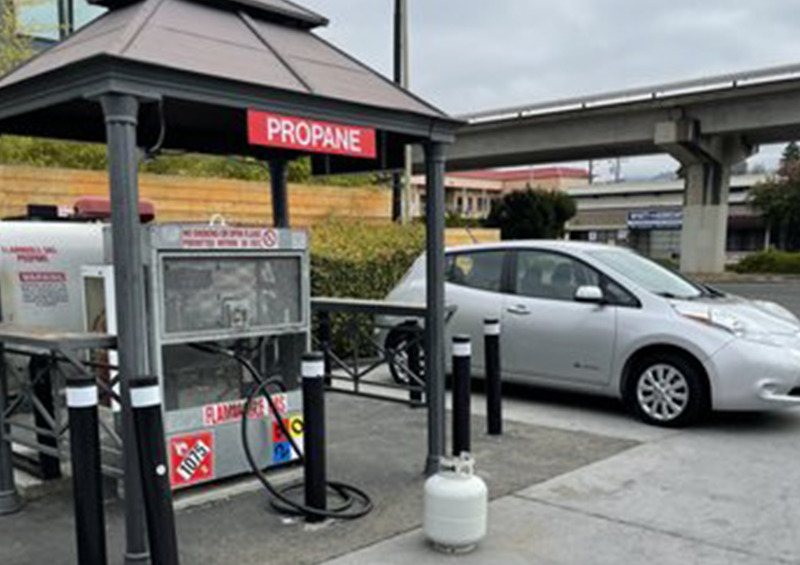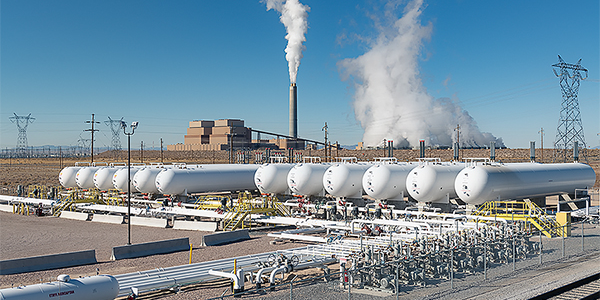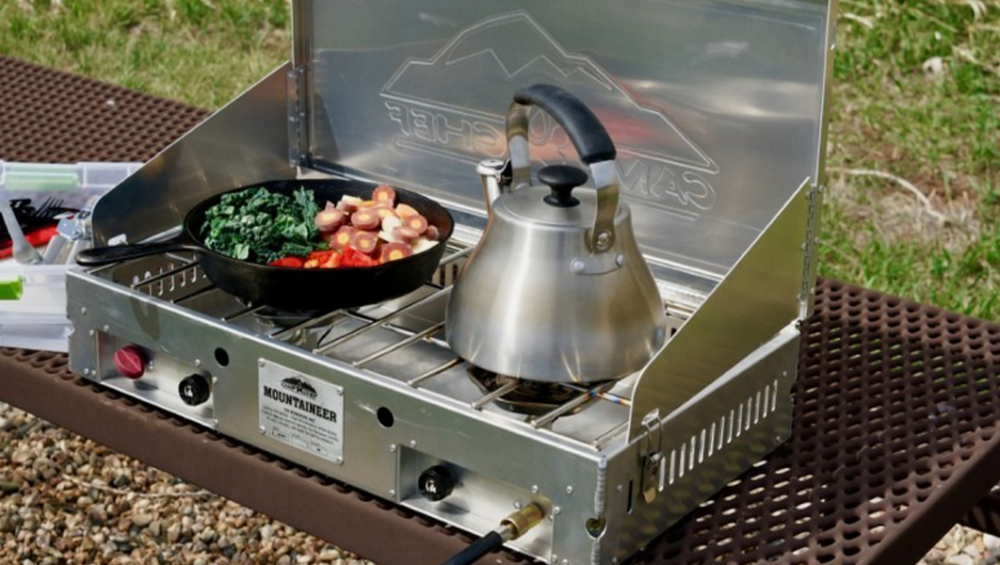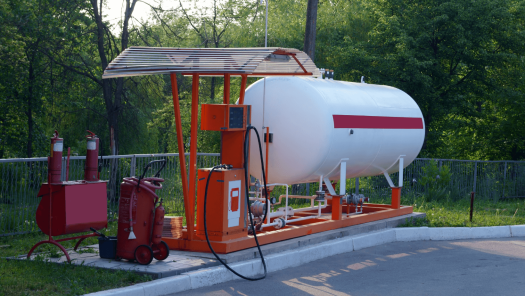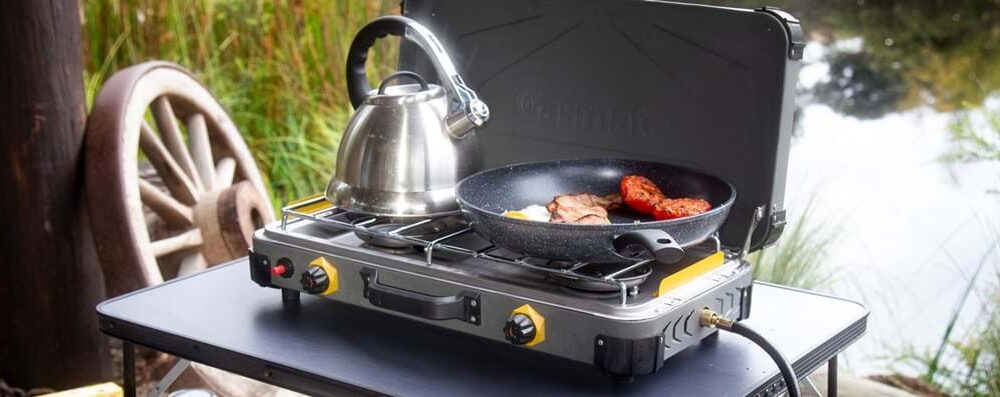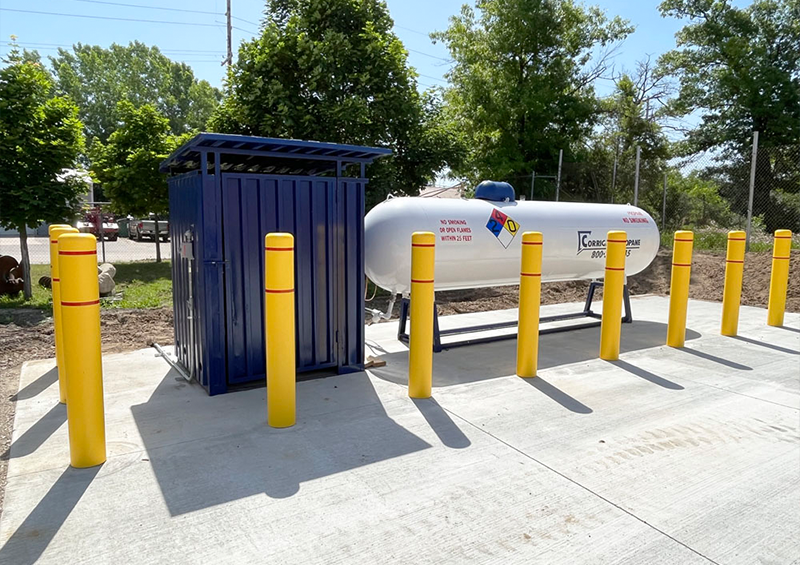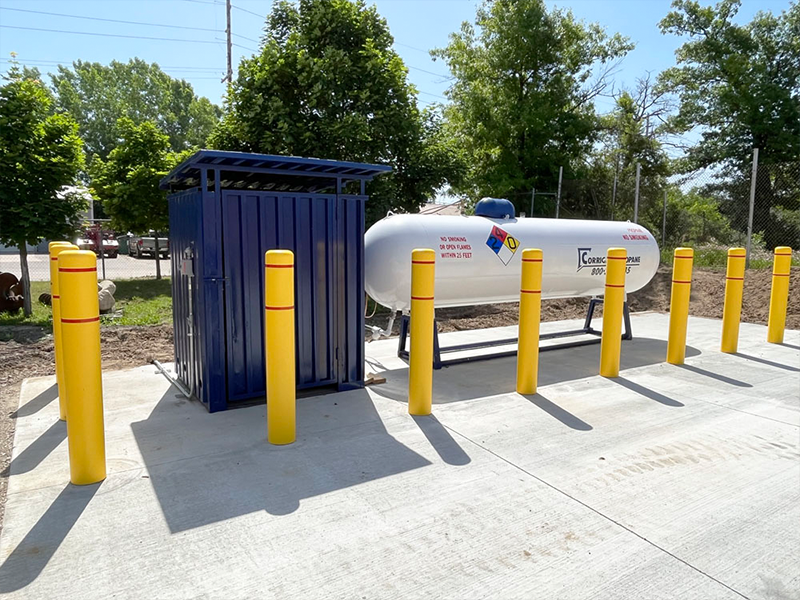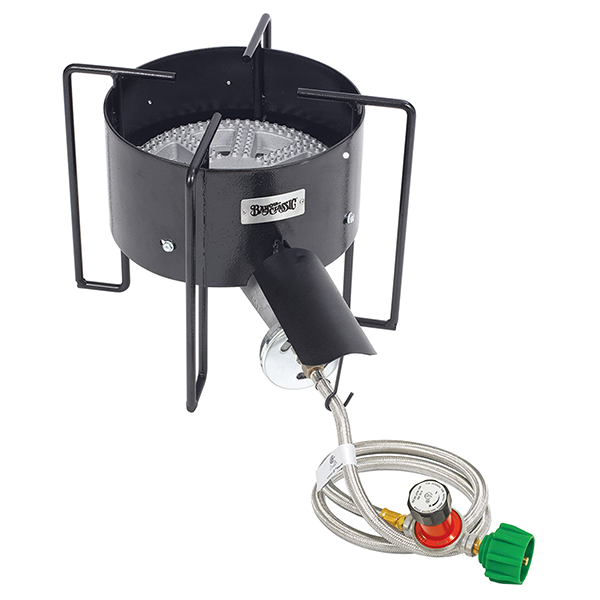Introduction
Propane is a resourceful fuel that is used in countless homes, businesses, and industries worldwide. Whether you are in need of a propane refill for your home tank or require commercial propane delivery for your business, finding a reliable propane service provider is important. With multiple companies providing propane delivery, it gets hard to choose one according to your requirements. In this guide, we will mention the steps that you should follow to locate convenient propane delivery services near you and the factors to consider when making your selection.
Search the Internet
Use your phone to search “propane tank delivery service near me” or “cheapest lpg gas near me”. It will lead you to several companies online that deliver propane tanks and equipment. Take the time to look into their websites and read customer reviews. Also, don’t forget to compare services offered, pricing structures, and delivery options.
Ask for Advice
One of the most effective ways to find a trustworthy propane delivery service is by looking for recommendations from friends and family. Their experiences can be of great help to you. Your relatives can share their experience in terms of reliability, customer service, and overall satisfaction with different propane companies. Ask around your community to find which propane suppliers are highly praised for their professional work quality, pricing, and customer support.
Contact Propane Companies Near You
Once you have a list of propane suppliers, communicate with them to gather more information. You can ask questions about their scheduling options, maintenance services, and any special discounts they may offer. A reputable propane company will responsibly handle your inquiries, be honest about their pricing and policies, and be willing to address any concerns you have. 24/7 Propane is a commendable company that provides for all your needs and offers excellent customer service.
Key Considerations for Selecting Your Propane Supplier
When selecting a propane delivery service, it is essential to consider several factors to be sure that you are making the right choice:
Reliability:
Look for a propane supplier that is reliable and offers on-time deliveries. It is important to choose a propane company that you can depend on during peak usage periods and extreme weather conditions.
Safety:
Choose a company that promotes safety first. A good company would always follow strict procedures and maintain standards. They would be willing to conduct regular maintenance checkups to ensure that everything is working smoothly. A reliable propane delivery service would provide clear instructions for handling propane equipment safely.
Quality of Equipment:
Assess the quality of the propane tanks and propane equipment offered by the supplier. Select high-quality tanks that are properly maintained to minimize the risk of leaks, damage, or other safety hazards.
Customer Service:
Evaluate the level of customer service provided by the propane company. A responsive and knowledgeable customer support team can address your inquiries and help during any emergency.
Pricing and Payment Options:
Compare pricing and payment options among different propane suppliers to make sure you are getting the best value for your money. Look for transparent policies with no hidden fees. Also, inquire about payment plans or budget-friendly options if needed.
Environmental Considerations:
Environmental concerns are rising every passing day. You must choose a company that follows eco-friendly methods and reduces its carbon footprint.
Conclusion
Finding a reliable propane delivery service near you requires careful analysis and consideration of vital factors. By benefiting from online resources, seeking advice from experienced friends, and contacting propane companies directly, you can identify a trustworthy supplier. Whether you are getting propane tanks or propane-powered appliances, choosing the right propane delivery service is important.


